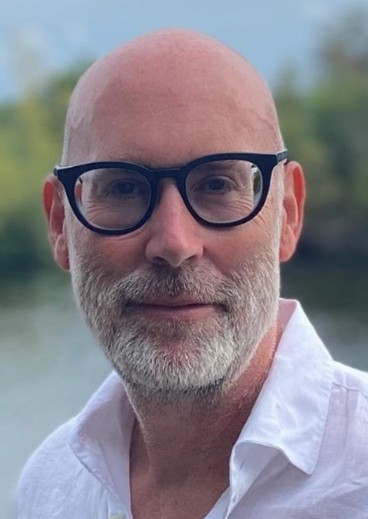 by Adrian Bradley, CEO ARMA
by Adrian Bradley, CEO ARMA
Throughout my first three months in post, I have been constantly struck by the breadth, diversity, expertise and impact of ARMA’s member organisations. Last week I had the pleasure of being a guest of the British Orthopaedic Association at their Annual Congress in Liverpool. Under the theme of ‘Preventing Harm & Transforming Lives’, I attended inspiring sessions on topics as far ranging as integrating orthopaedic clinical practice with support for patients’ lifestyle modification, reducing unnecessary hospital stays in arthroplasty, calls for a national ACL injury prevention programme and, perhaps most soberingly, our preparedness for war. It was a wonderful opportunity to learn and to network and a timely reminder of the continued importance of secondary care and orthopaedics.
At the same time, the first wave of neighbourhood health service investment in England was announced; 43 places will receive a share of £10m to bring services closer to the people who need them most. Strong effective links between future neighbourhood MSK services and secondary care will be essential to deliver smooth care pathways, enable timely access to specialist expertise, and provide coordinated support that enhances clinical outcomes.
We welcome this first step towards neighbourhood health services. It offers an exciting chance to bring together general practice, physiotherapy, occupational therapy and other MSK practitioners, pharmacy, community nursing, social care, private practice and the voluntary, community and social enterprise (VCSE) sector. This can create the conditions for holistic care. MSK conditions aren’t just about joints and muscles, but about people’s confidence, independence, and ability to do the things they love. Good neighbourhood health services will be shaped around what matters to people in their lives in their local context: the places they live, work, and socialise.
For ARMA, the voluntary sector has a vital role in this vision. VCSE organisations bring lived experience, trusted local relationships, and the ability to mobilise community assets. When they sit around the same table as NHS and social care colleagues, services become more human, more responsive, and ultimately more effective. By working alongside NHS and social care partners, they can ensure MSK services are truly person-centred. We welcome the commitment from the NHS to be a better partner to the voluntary sector.
Neighbourhood teams can partner with local charities, leisure providers, and community groups to build active lifestyles into everyday life. Walking groups, gardening projects, and workplace initiatives can all help reduce the onset of MSK problems.
By embedding physiotherapists and other MSK practitioners into primary care, people can access timely advice, exercise, and self-management support before their condition escalates.
A neighbourhood approach breaks down barriers between health and care. For example, social prescribers can connect people with pain management courses, peer groups, or community activities that reduce isolation and build resilience.
Local teams are best placed to understand inequalities in their communities and design outreach approaches that engage underserved groups.
Neighbourhood MSK services are not a distant ambition. Across the country we already see promising examples. Initiatives like Community Appointment Days show real promise to improve outcomes and offer more holistic support. The challenge now is to make these the norm, not the exception. Neighbourhood services should be shaped and determined locally but principles and possibilities can be illustrated nationally. To that end we are consulting our member organisations on what a great neighbourhood MSK service might contain. ARMA will play its part in pulling together ideas and helping our colleagues across the system to improve service quality, reduce pressure on the NHS, improve patient experience, and above all, create better quality of life for people with MSK conditions.
